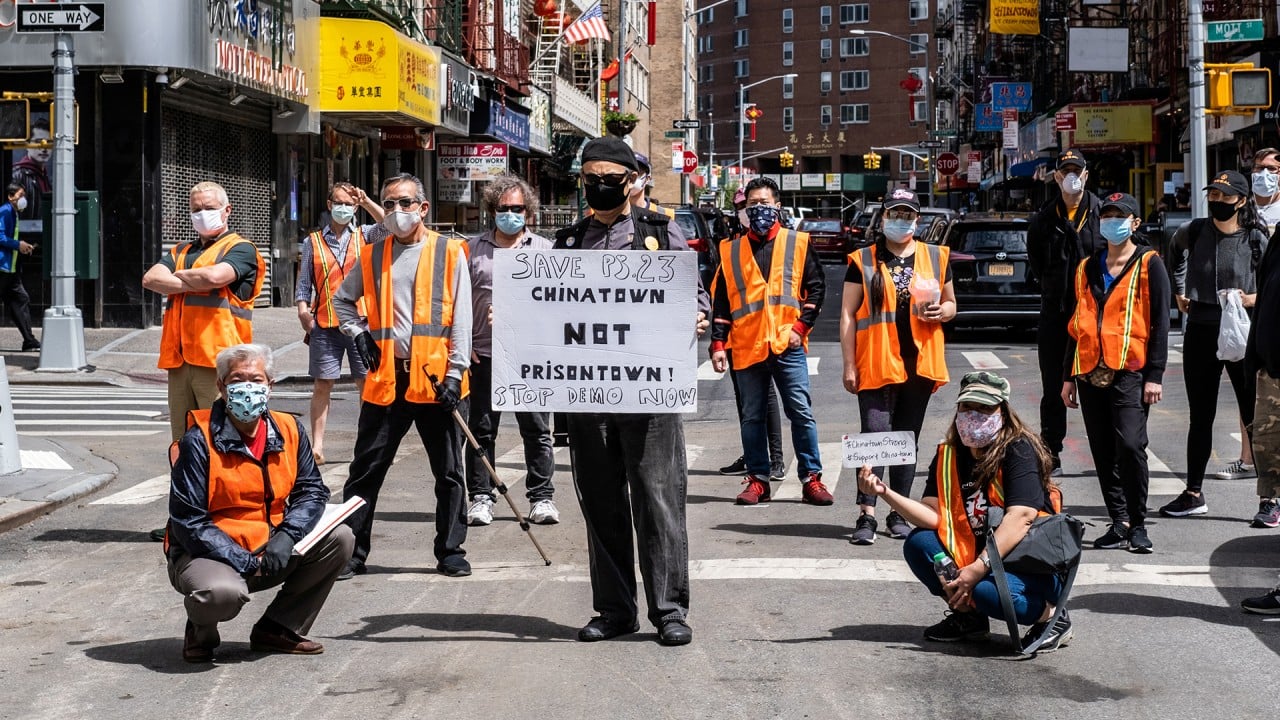
How Joe Biden can show his appreciation for Asian-American voters
- Asian-American voters strongly supported Biden even though neither political party actively reached out to them. Now is the time for the president-elect to recognise that loyalty and include more Asian-Americans in his governing team
Biden won the Asian vote with a decisive 61 per cent margin, according to CNN exit polls – an anticipated outcome. As the Asian population in the US has grown and become more politically engaged, they have leaned increasingly Democratic, though large numbers of the community remain politically independent. Lack of outreach from political parties has reinforced this trend.
Asian voters’ potential to influence the 2020 election by swinging dramatically towards the Democrats was touted after the 2018 midterms saw record Asian voter turnout. Although we do not have complete data on Asian voter turnout in 2020 yet, it is apparent from exit polls that analysts were wrong in assuming more dramatic Democratic support among Asians.
Early exit polls suggest Donald Trump improved on his overall support from the Asian community compared to 2016 by about three percentage points.

03:41
Asian-Americans, harassed over coronavirus, push back on streets and social media
For most, their support for Biden ran deeper than a purely emotional response to Trump’s rhetoric. The Atlantic spoke to 12 Asian voters in Pennsylvania about their voting decisions. While this is admittedly a small sample size, they came from an array of socioeconomic backgrounds and represented urban, rural and suburban areas in a key swing state.
US under Biden ‘could reboot Canada-China ties’ by dropping Meng case
Of those who said they were voting for Biden, most raised issues like health care and the environment, beyond Trump’s rhetoric and their own identification with the Asian-American community. Just two people said they would vote for Trump.

03:37
‘Anti-blackness is something deeply rooted in my community,’ says student Eileen Huang
I was sceptical from the beginning that Harris would have any real impact on the election. Those who were most inspired by her selection were mostly young, liberal and female groups who were probably going to support Biden anyway.
I do not think Harris was really chosen for her ability to influence the Asian community, but rather for her appeal to black voters, especially in the wake of racial reckoning that swept the US over the summer.
Kamala Harris’ husband, Doug Emhoff, poised to break stereotypes
If neither party can find a way to demonstrate to the Asian community that they value their perspectives and understand their interests, Asian voters may become apathetic and stop engaging in the political process.
If young Asian-Americans interested in politics see no paths to higher political or government offices, they may not even bother to seek them.

Such a gesture can show his appreciation of the millions of Asian voters who supported him – voters he did very little to reach out to in the first place.
While there are now many more Asian voters than there were when I started voting in 1958, I am frustrated to see that this increased political engagement has not opened many doors for Asians in government offices.
Chi Wang, a former head of the Chinese section of the US Library of Congress, is president of the US-China Policy Foundation


